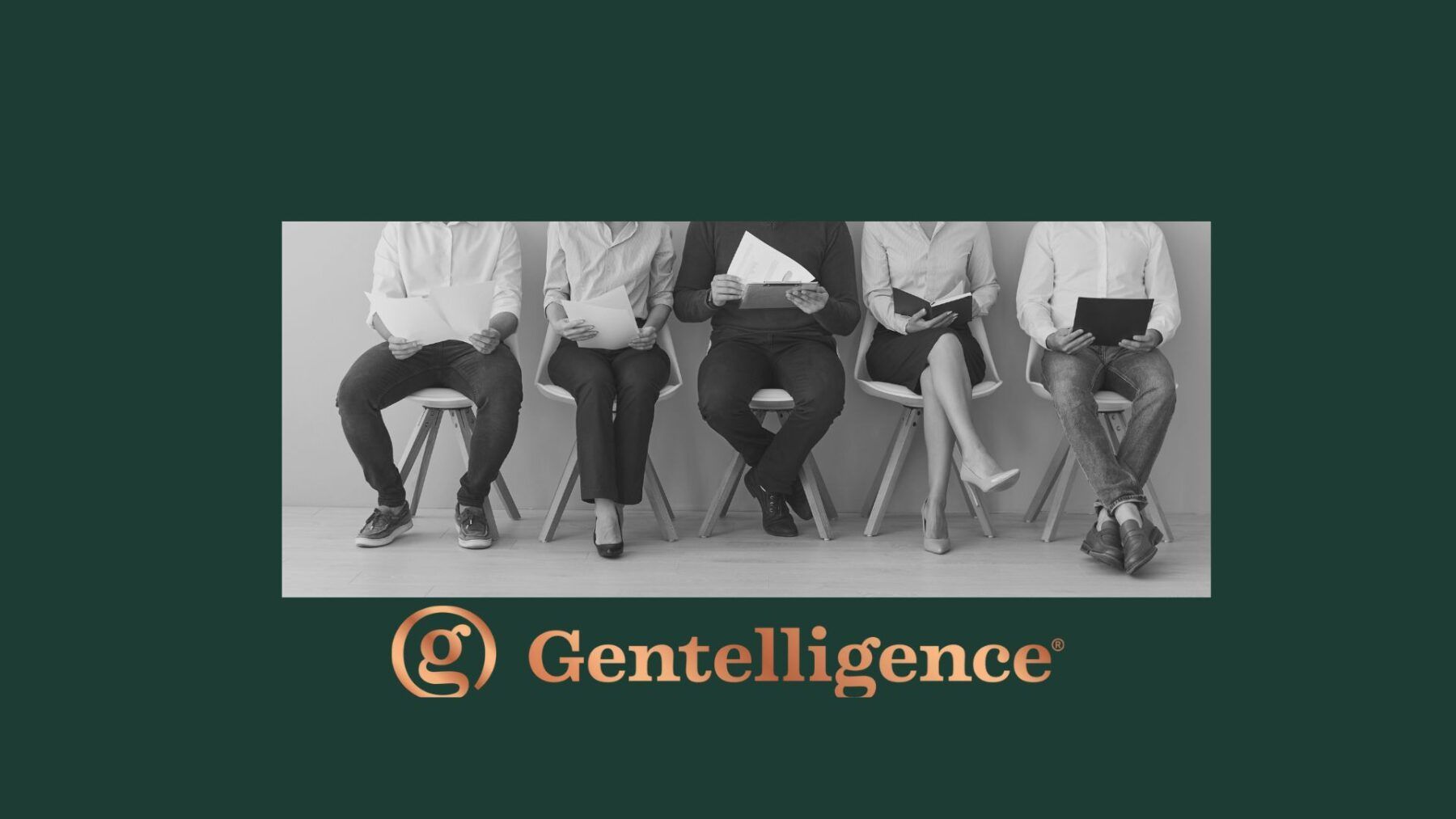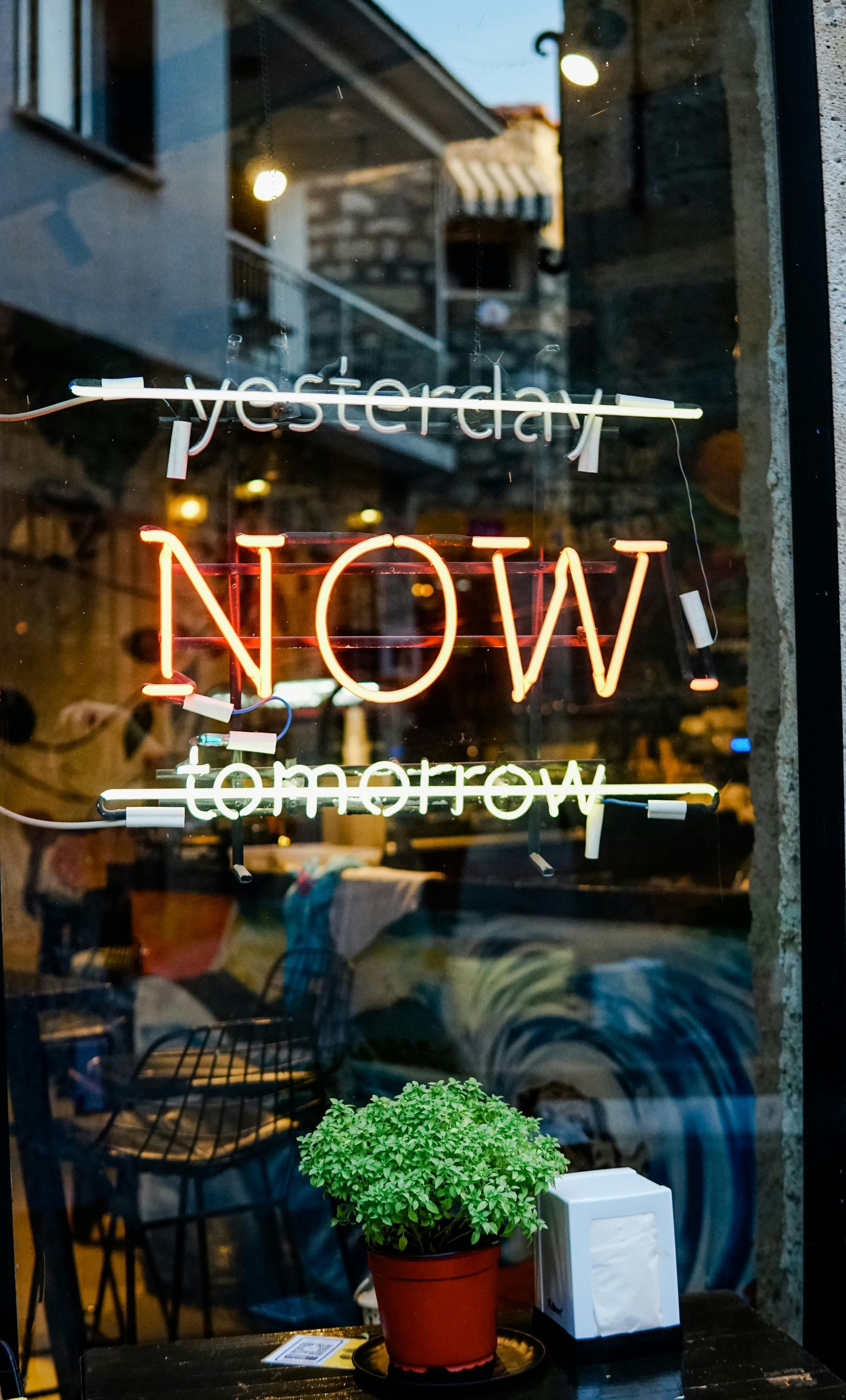Gen Z Wants Pet Insurance and Other Things I Never Thought I'd Say
Maybe i do too.
Merriam Webster defines a "benefit" (ben·e·fit) first and foremost as:
- something that produces good or helpful results or effects or that promotes well-being : advantage
- a useful aid: help
At its core, a benefit is intended to be something helpful. When it comes to workplace benefits, ideally, we'd like at least part of our benefits to include something helpful to us right now. With a 5-generation workforce, our organizations are filled with people with different generational challenges along with different life stage needs, meaning there are likely very different ideas about what is beneficial. According to the 2025 MetLife Benefits Trends Survey, 89% of employees believe their organization could improve benefits packages as a way to build employee trust.
Eighteen years ago, a 2007 research study in Human Resource Management Review raised the question of how wise it was to continue to assume that different generations of employees would find value in the same benefits: "The design and implementation of longstanding employee benefits systems in U.S. companies generally rest on the assumption that employees have similar attitudes toward and will be motivated similarly by benefits systems...Several demographic trends in the U.S. work force call into question this assumption. Consider, for instance, the increasing median age of the working population, the growing dependency ratios—defined as the number of children and elderly per 100 working aged individuals—and the increasing life expectancy of present day workers (Day, 1996). These trends may influence employee attitudes regarding their reward and benefit systems and call for greater scrutiny of these systems and their ability to address the changing needs and expectations of employees."
Last year, I wrote a bit about this: "When it comes to benefits, top companies are already exploring how variable options might better support employees across age and life stages. For example, those in later career stages have shown great interest in grandparent leave, while my fellow Gen-Xers are finding themselves in need of eldercare support right now. Younger workers are expressing a need for new kinds of benefits as well, including home-buying assistance and access to emergency funds."
This summer, I had the opportunity to work with several organizations to improve their generational climates, and inevitably, the conversation turned to the unique ways in which generation and life stage impact the kind of help and support we may need at work. One manager said, "Now I keep getting asked by my young employees if we offer pet insurance! Do I really have to offer pet insurance??"
That was a new one for me, but I gave it some thought. As with all things generational, one must Adjust the Lens (Gentelligence practice #2). My first reaction was that it was silly, but my second reaction was, "Of course." More and more young people are holding off on having kids, for a million reasons (economy, mobility, state of the world...). Pets take a central role in the family for many of us (not just Millennials and Gen Z).
The conversation then took an interesting turn as the manager asked, "Since when do we have to provide everything someone needs in their life? Why is that our responsibility?"
Such a fascinating question, and it definitely has a generational element. Think back to say 100 years ago, or even 50 years ago. Most people didn't expect their job to provide more than a paycheck, and hopefully a safe environment. Work wasn't expected to even necessarily provide meaning or purpose, it was what you did to pay the rent and out food on your table. As time passed, our expectations shifted, and this shift continues to happen today.
My answer to that question is "it depends". Certainly, workplaces don't have to provide these versions of benefits. Workplaces twenty years ago didn't have to add beanbags and Foosball tables, but they did so to appeal to the youngest generation entering the workforce. Now our thinking has expanded, and the most age-inclusive organizations are brainstorming ways to attract and retain the best talent of all ages. The willingness to meet different generations where they are in terms of life stage needs sends a strong message that we understand that support and help can take many forms, and none are considered less important than others. My eldercare needs are as vital to me as your retirement or childcare needs are to you, and an employer that is willing to Adjust their Lens to see that will reap the benefits of a multigenerational workforce that feels valued and supported throughout their career lifespan.













